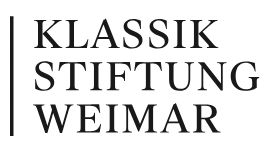Nietzsche Fellowships

The Nietzsche Fellowships help finance the academic, journalistic or artistic pursuits of selected fellows. Scholarship recipients are chosen not on the basis of academic qualification, but on the originality and seminal character of their projects for future research beyond the limiting constraints of the academic sector.
The Kolleg Friedrich Nietzsche serves as a productive forum for discourse on contemporary and future-oriented problems facing the individual and society. In line with Nietzsche’s philosophy, it fosters a multifaceted and cosmopolitan perspective.
Philosophers, humanities scholars of all disciplines, theologians, natural scientists and artists are cordially invited to apply to the fellowship programme. This invitation also extends to those who are intellectually involved in non-university activities. The prerequisite for consideration is a university degree (BA, MA or PhD).
The fellowship provides funding totalling 1,500 euros per month. The usual duration of funding is about two months, including the possibility to get free lodging in one of our guest houses.
Required documents
- CV in tabular form, and if applicable, list of selected publications
- Letter of motivation including a brief description of your research proposal based on your specific area of interest
- Abstract of your research proposal (max. 400 words), which the Kolleg Friedrich Nietzsche can publish on its homepage (provided your proposal is selected)
- Details regarding your preferred and alternative period of research
Next application deadline: 31 July 2023
Link to the online application portal
If you have any questions concerning the Nietzsche Fellowship, please contact:
Dr Corinna Schubert
Research Department | Kolleg Friedrich Nietzsche
T +49 3643 545 559
